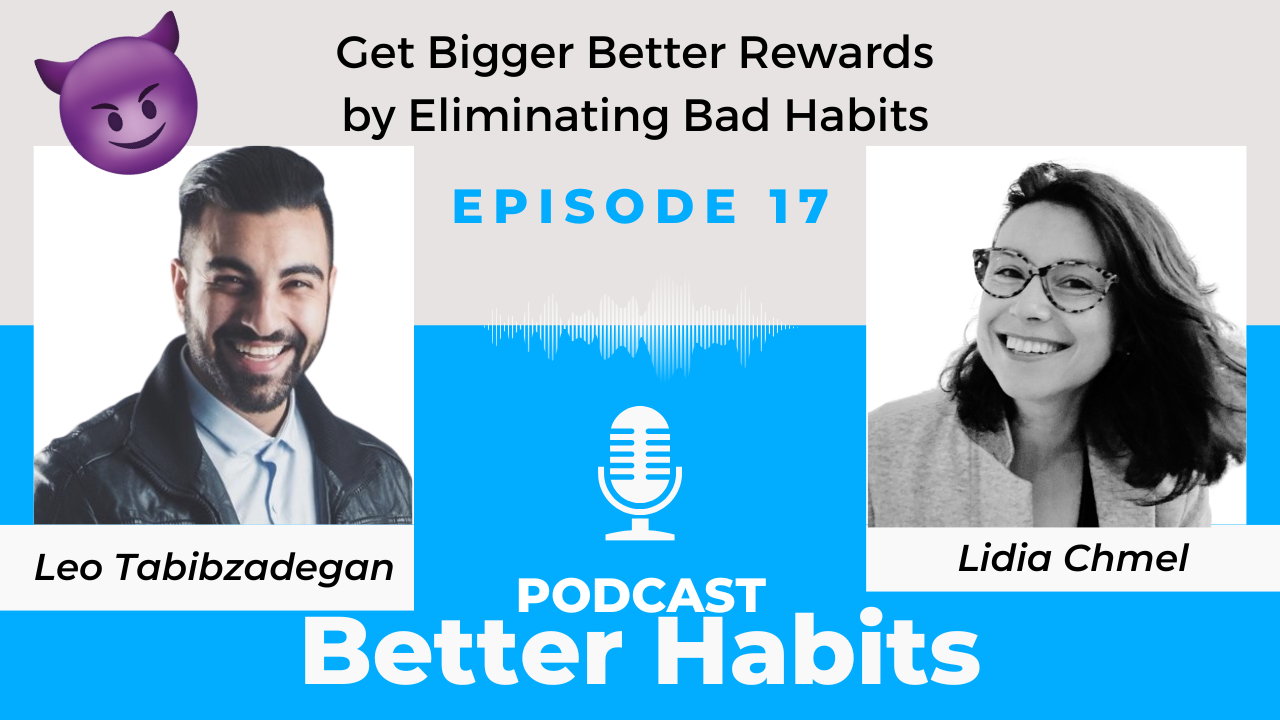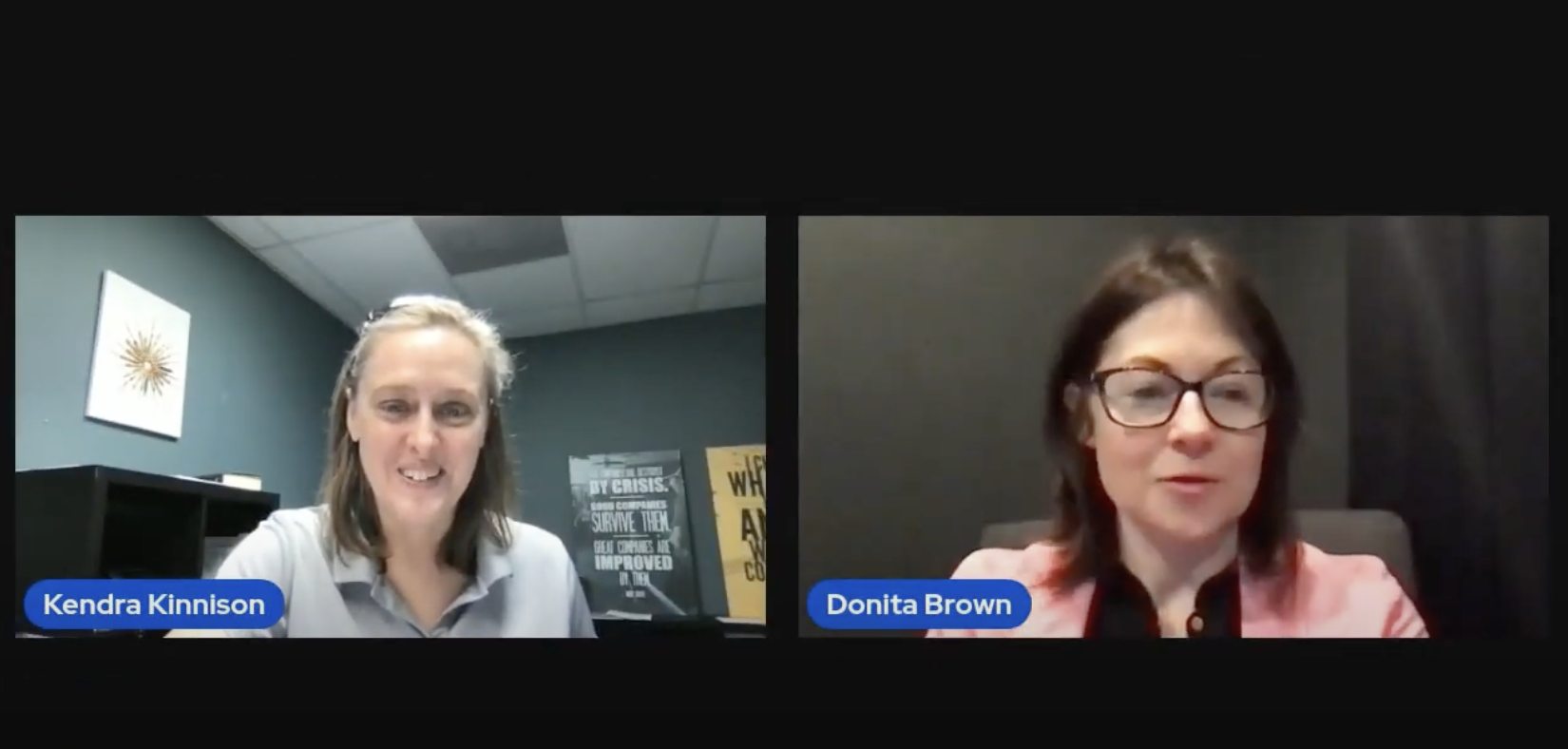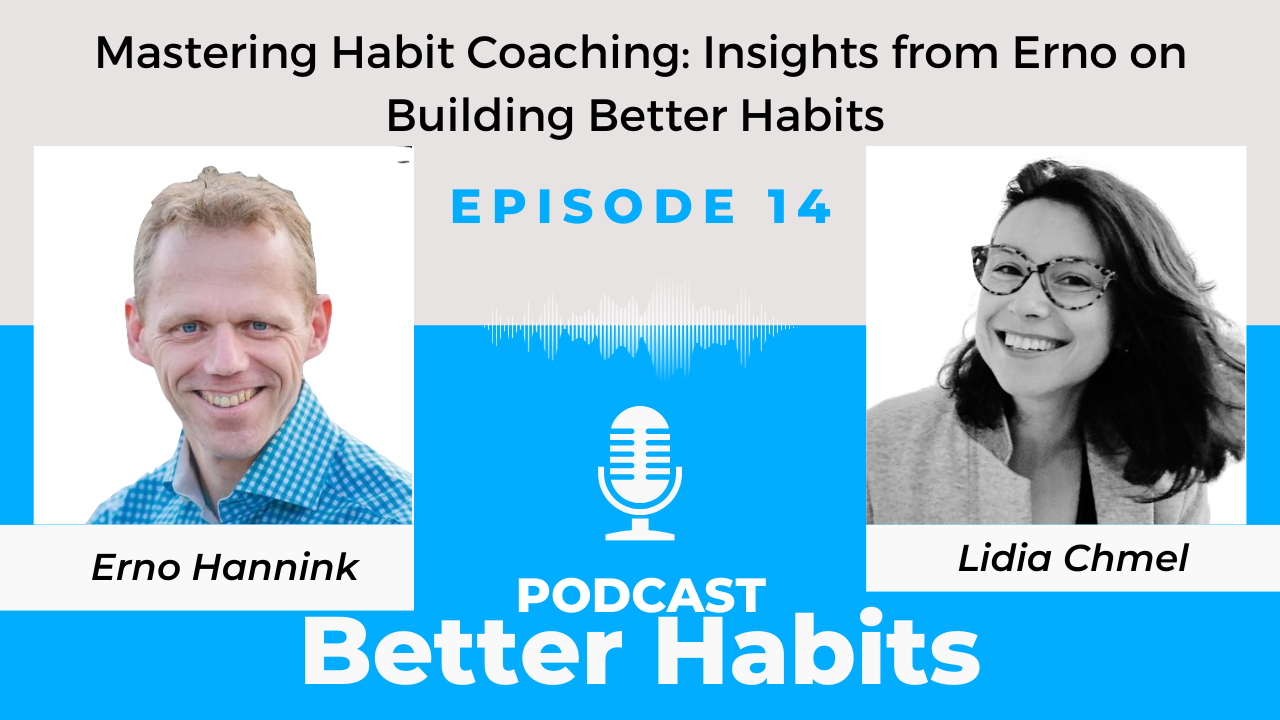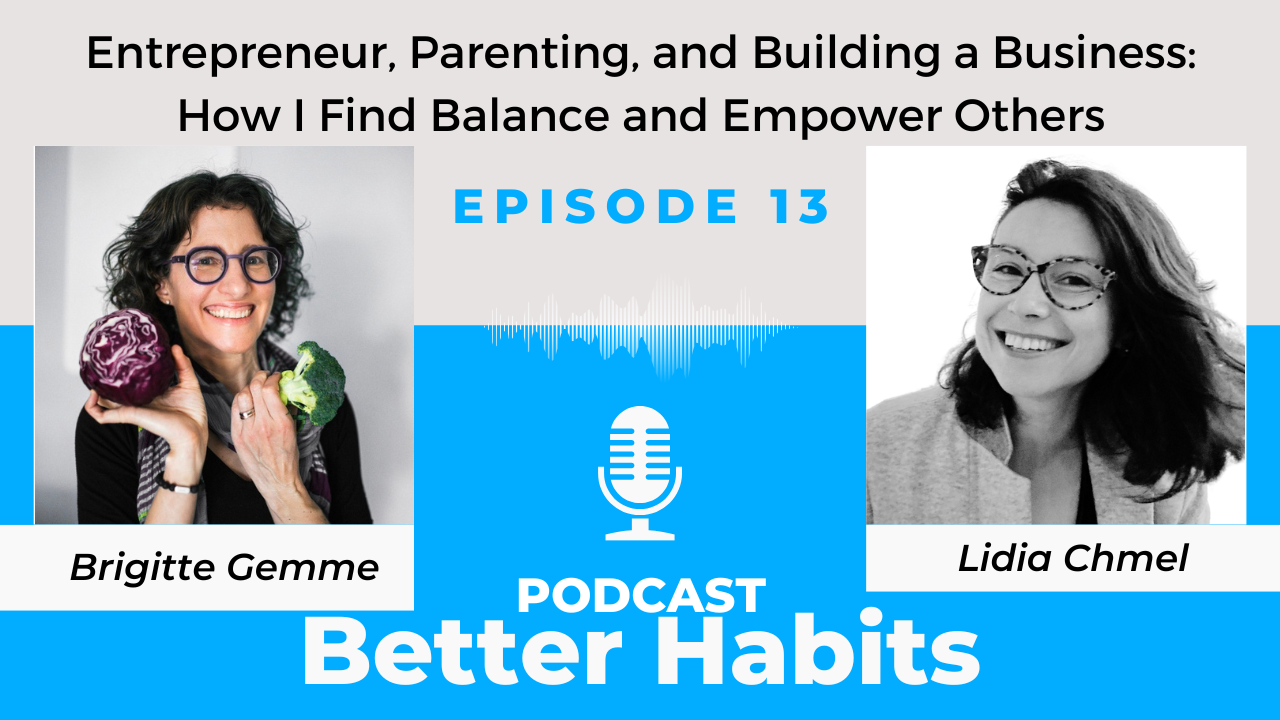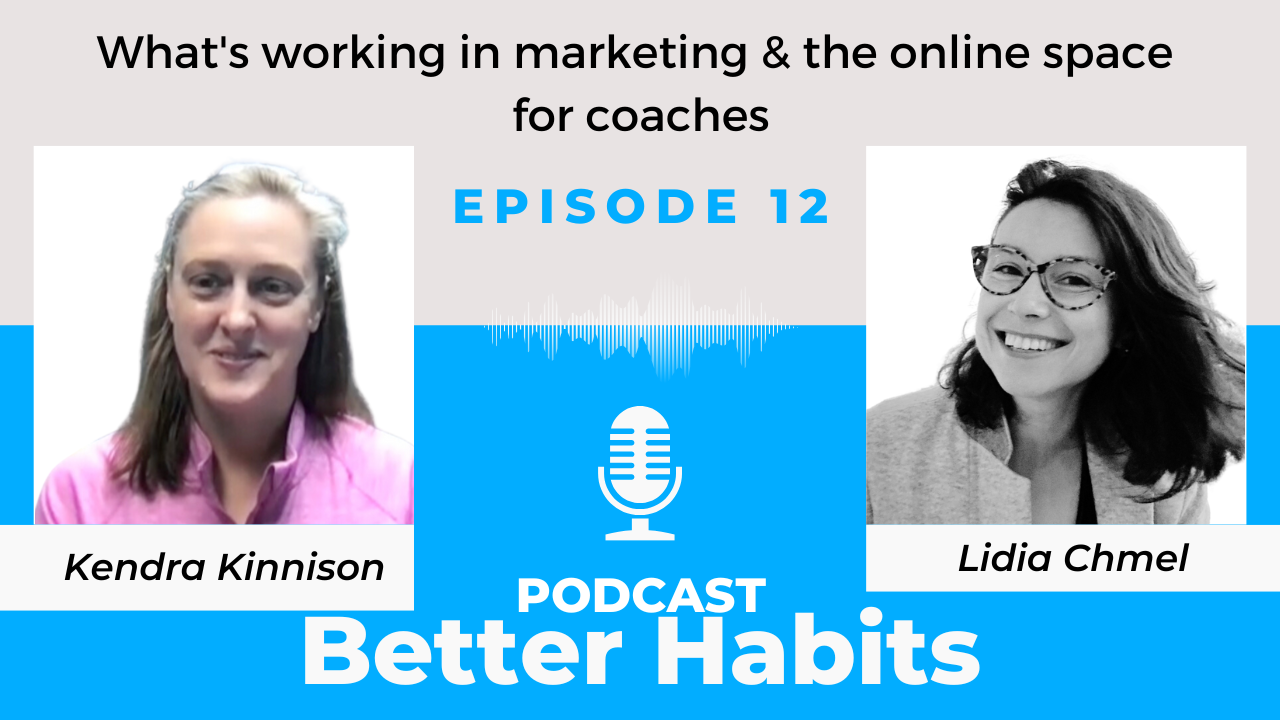Kevin Koskella coaches swimming masters and triathletes and conducts clinics, private lessons, and video-analysis of personal swim style with critique and correction. His passion is to give the new triathlete the confidence to be successful in (and enjoy!) the swim portion of the race.
Koskella’s coaching philosophy differs from the traditional approach to competitive swimming, and feels that the “more is better” approach leads to slower times, burnout, and injury. He uses several techniques and workouts to help swimmers get more out of their strokes, swim faster more fluidly, and keeping their heart rates down while getting faster.
How do you start your own day? Do you have any daily rituals or routines?
I try to get 7.5-8 hours sleep every night. This is crucial to my productivity, mood, and general ability to stay healthy! I start with a big glass of water, a breakfast with typically about 30g of protein, and 15 minutes of meditation. I used to be one of those people who scoffed at the idea of meditating, but now I’m kind of addicted to it, and feel like something is missing if I skip a day. It’s not about stopping thoughts, but more about accepting them without getting caught up in solving problems constantly.
I also usually do some self massage. No, seriously, I have a lacrosse ball that I roll on with my shoulders, it helps release some of the tightness that builds up overnight, and gets me feeling loose for the day instead of constricted. Lastly, about 3 times per week I do a bit of writing, consisting of 10 random ideas (working my “idea muscle”) and a few things I’m grateful for.
What are your eating habits like? Do you follow any specific program of eating?
Nutrition is the second most important health habit for me after sleep. I’m generally an 80/20 or 85/15 low carb paleo eater. What that means is, I generally eat whole foods—meat, vegetables, fruit, and nuts—but I never follow a “diet”; it’s just what I gravitate towards. I’m not anti-carbohydrate, but I believe that most people that carry extra weight could drop a lot of it just by cutting way down on carb intake. When you start to make carbs a smaller part of your diet, you crave them less. So I don’t crave sugar. But I also accept that I’m not going to always eat perfectly, and I embrace that.
Deserts, alcohol, and processed carbs are all part of my diet, but rather than setting aside “cheat days”, I am not as worried about when I eat these foods—because I know having a cookie or glass of wine isn’t going to send me on some kind of slippery slope leading to gorging myself on a box of donuts or something the next day. Cheat days indicate you are “on a diet” and “falling off the diet” one day a week. Much too constricting. Also by sprinkling in “cheat foods” regularly instead of all at once, I never feel like I’m missing out or that I need to crack the whip on myself.
There’s so much research being done and advice being published, how do you tell what’s real and what’s fake? How do you decide what’s relevant and what isn’t?
Great question! On my former podcast, Healthy Mind Fit Body, we would go through news stories weekly and attempt to “catapult the propaganda”. There is so much misinformation out there, that it is difficult to understand what is actually based on science and what is agenda-driven. I think the paleo crowd has a lot right. If humans survived on a diet of mostly animals and plants for most of our history, and only 10,000 years ago moved to an agrarian diet with wheat as a major source of calories, you have to look at that and question if our bodies really adapted to the new diet, or if we are still trying to force them to adapt.
Rules of thumb can apply here too. Packaged foods aren’t all bad, but try reading the ingredients on a loaf of bread, or a box of cereal. Not a lot of nature in these! And you have advertisers who will use deceiving slogans like “Healthy Whole Grains!” when there is nothing healthy about these grains. I recommend sticking to the perimeters of grocery stores instead of the aisles.
I also think you need to understand what works for you and be honest with yourself. I so often hear people say things like “Well that’s fine but I NEED my bread!” Or fill in the blank with their favorite less-than-healthy “comfort” food. But more important than all of the practical nutrition advice is….psychology! In order to make consistent healthy choices, you will need to have a lot of self-knowledge. It’s easy to get caught up in the “common wisdom” that hasn’t helped people get healthy and fit for decades, and to just go along with the crowd and eat the SAD (Standard American Diet), because it is difficult to break away and do things differently than what your family and friends expect. If someone has the world’s most perfect diet, they will no doubt fail if their psychology and self esteem are not to the point of allowing them to make (sometimes difficult) life-enriching decisions.
Is there any current thinking about diet and fitness that needs to be challenged?
I think it’s been said a lot in the past few years, but the idea that eating dietary fat is bad really has to end. So many studies have shown that we need fat, and that eating fat can actually help people lose weight. Fat keeps you full longer, and makes things taste great. Even much maligned saturated fat is necessary, and foods like coconut oil, which contain lots of healthy saturated fat, have been beneficial in helping so many people lose weight and get healthy.
The second myth that needs to die is that you need to exercise like crazy to lose weight. The fact is, while I’m pro-exercise, if your #1 goal is to lose weight, exercise can actually get in the way of this! As Mark Sisson of marksdailyapple.com says, trying to exercise for weight loss is like digging a hole in the ground to put your ladder in. Focusing on food will pay much greater dividends in weight loss than trying to “burn off calories”.
Is there anything new you’ve started doing recently, or anything you’ve quit?
For most of my life, I was plagued with the skin condition eczema. Mostly on my hands and feet. A few years ago, I was reading about how dairy can have negative effects on some people, not just with digestion, but with skin issues. And at that time I ate yogurt and cheese daily. So I decided to take a month off of dairy completely to see what would happen. And…what do you know, my skin cleared up completely in a couple of weeks! Since then, I avoid dairy for the most part but still can get away with cheese (which I love) occasionally, without major breakouts occurring.
How do you make adjustments to your workout? It’a hard to know what to do when you’re tired or having a bad workout.
I just try to do something every day. Some days I have amazing workouts, and other days not as much. I just expect that this is how it goes. I may intend to do 30 minutes of weights and a 30 minute run one day, but I end up not feeling like lifting weights or running when the time comes. Instead, I go for a walk in a new part of town, or jump on my bike. Just mix it up. I don’t follow a specific order of things that need to happen every day, but instead allow a lot of flexibility and fully accept that some days, it’s just not going to happen at all.
Can you share some of the specific things you notice your top clients doing differently than the average client?
Joining in with other people is the key no matter what your goal is. If you are trying to lose weight and get in shape, yet most of the people you hang out with on a daily basis don’t care much about their health, you have an uphill battle. But you add in accountability, and the game changes. A rising tide will lift all boats. With this in mind I recently started a new component to my website at trisiwmcoach.com. We are calling it “Team 500”, with the idea that we are all going to work together in helping 500 triathletes make the swim easy & fun, instead of a chore. So yes, top clients will embrace accountability no matter what their health and fitness goals are.
Coach.me provides everything you need to improve performance in diet, fitness, productivity, and life. If you’re feeling inspired by what you’ve read, try adding these habits to your dashboard:
- 21 Days to Your Best Sleep Ever: a guided plan to help you get better sleep.
- Swim: jump right in to a fitness habit with great health benefits!
- Meditate: try one or more of our guided meditation plans. It’s the habit that supports every aspect of your life!
- Daily Gratitude List: reset your thinking and improve your mood by dwelling on what’s good in your life for a few minutes every day.

